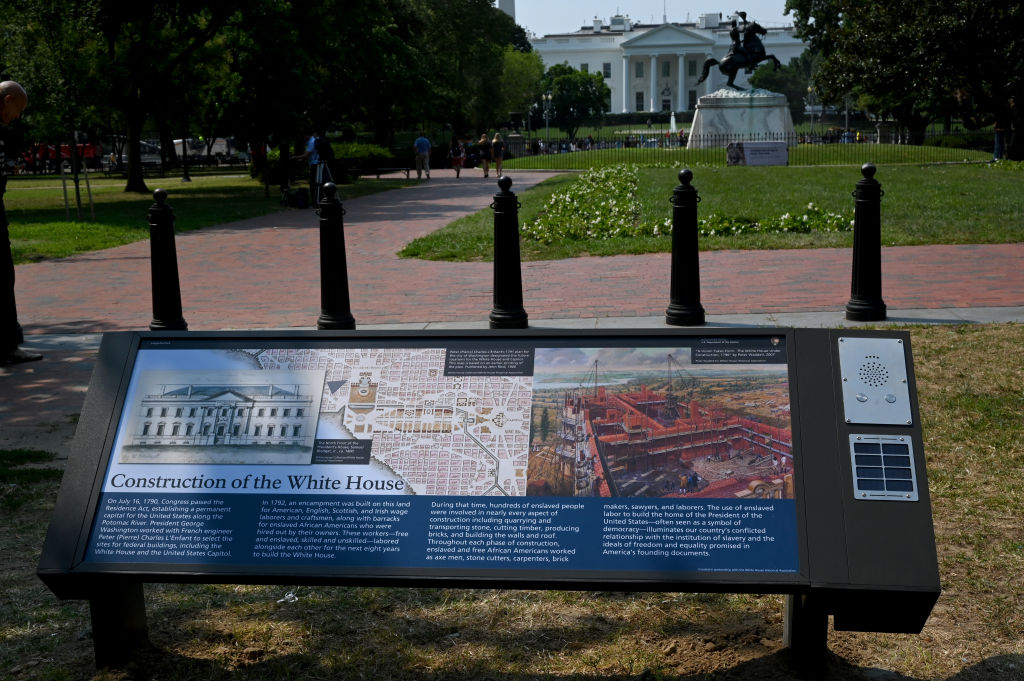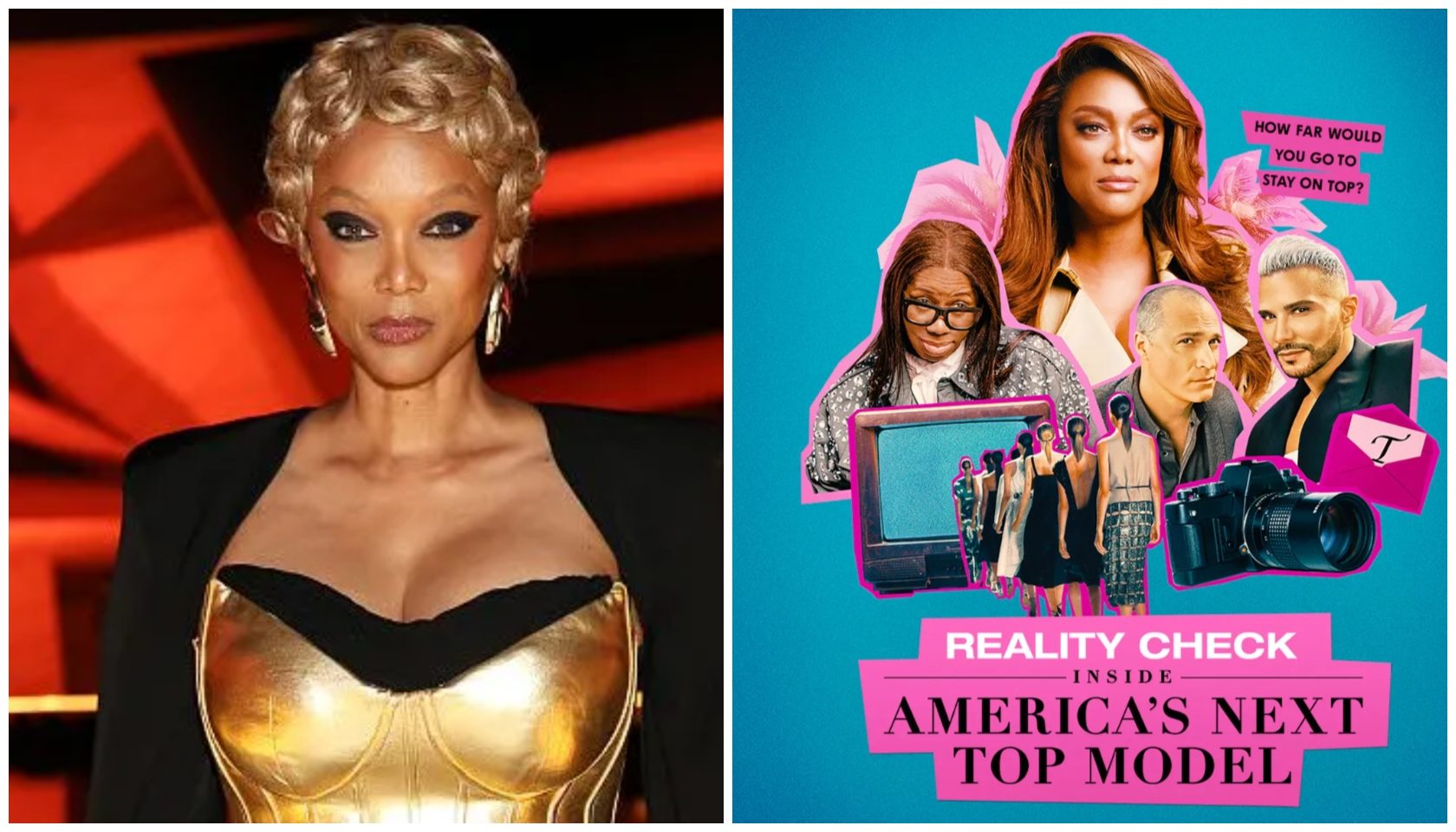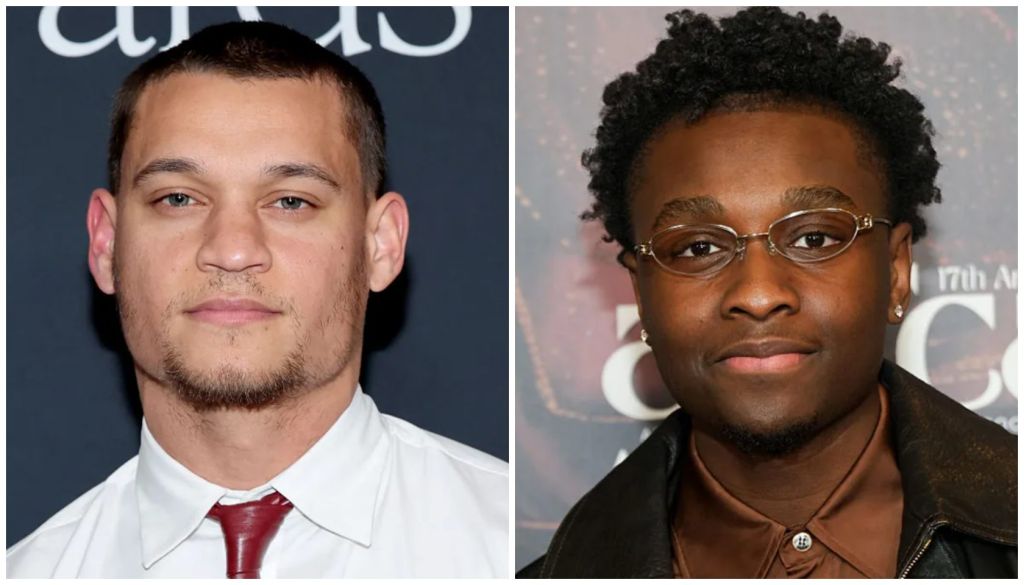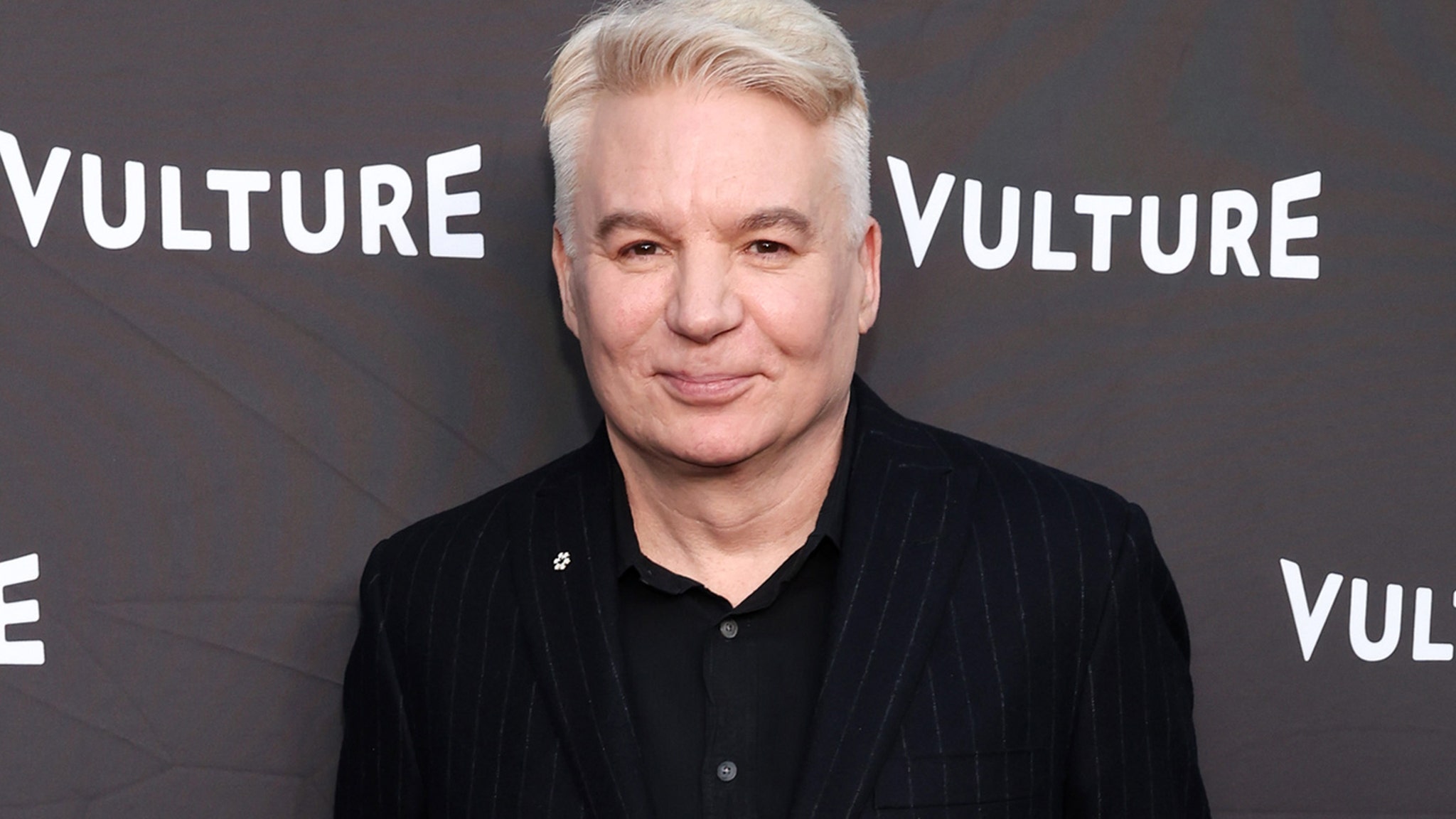Business owners operating at the historic but troubled intersection of 38th Street and Chicago Avenue—now known as George Floyd Square—are suing the city of Minneapolis for $30 million, claiming neglect and unlawful treatment. According to CBS News, the lawsuit was filed in Hennepin County last week by the owners of Unity Foods (formerly Cup Foods) and several neighboring businesses.
Source: STEPHEN MATUREN / Getty
They allege that the city’s failure to address rising crime, deteriorating infrastructure, and a lack of police presence in the area has severely impacted their revenue, property values, and community reputation.
WCCO states that Michael Healey, the attorney representing the businesses, says the city’s actions—or lack thereof—have effectively created a “no-go zone” for law enforcement. He argues that this has turned George Floyd Square from a site of remembrance into a dangerous environment for residents and businesses.
“We are asking the court to order Mayor Frey and the city to compensate my clients, initiate the taking proceedings of properties, and restore police protection for the intersection,” Healey stated.
The business owners are calling for the city to take over their properties and provide just compensation for the financial and emotional toll they’ve endured since Floyd’s death.
George Floyd Square: A Memorial For Some, A Struggle for Others
The corner where George Floyd tragically lost his life in May 2020 has become a national symbol of the fight against police brutality and systemic racism. It truly began the #BlackLivesMatter movement, alongside reshaping how current mainstream media operates. One could imagine the aftermath of such a huge traumatic, national and internationally recognized death.
While George Floyd Square has been transformed into a space for activism and reflection, business owners argue that the spotlight hasn’t translated into economic opportunities for them. Instead, they claim the city’s neglect has left them to shoulder the burdens of increased crime, reduced foot traffic, and a lack of municipal support.
Crime statistics underscore the challenges these businesses face. According to a report by Wikipedia, in the seven weeks following Floyd’s death, there were 233 gunfire incidents and 11 people shot in the area, compared to no gunfire incidents during the same period the previous year.
By late 2020, violent crimes in Minneapolis’s Ward 8, which includes George Floyd Square, were significantly higher than in other city wards. These escalating crime rates have contributed to the perception of the area as unsafe and hindered business growth.
Unity Foods, once known as Cup Foods, sits at the center of this intersection. It was in front of this store that former Minneapolis police officer Derek Chauvin pinned Floyd’s neck to the ground for 9 1/2 minutes as he pleaded, “I can’t breathe.” Previously reported by BOSSIP, not only did Chauvin’s actions spark nationwide protests and a reckoning over racial injustice, Chauvin’s murder conviction and actions are a continuing headline.
The businesses left behind at George Floyd Square are still waiting for justice in their own way.
In addition to crime, economic hardships have weighed heavily on the area. According to the Minnesota Reformer, property values in riot-affected neighborhoods have lagged significantly behind those in unaffected areas, with the latter increasing by as much as 30%.
These diminished property values represent a substantial loss for business owners who have already struggled to recover post-2020.
The city’s plan to redesign the intersection and preserve it as a memorial extends into 2027, leaving local business owners uncertain about future endeavors.
Legal Action Amplifies Frustration
This isn’t the first time that owners are taking this course of legal action. The current lawsuit follows an earlier legal attempt by the businesses that was dismissed two months ago. This time, however, Attorney Healey is also preparing a second lawsuit on behalf of seven additional businesses near the square. This additional case is expected to seek damages exceeding the $30 million already demanded.
CBS News states the city has declined to comment directly on the pending litigation but acknowledged the challenges faced by the neighborhood since Floyd’s murder.
“The city understands the challenges that residents and businesses have confronted in the wake of George Floyd’s murder,” a city spokesperson said, per CBS News.
The city has conducted community workshops and shared a draft plan for redesigning the area, but the timeline for these changes could stretch several years.
A Community At A Crossroads
The business owners’ frustration is shared by some community members who feel the area has been left in limbo. George Floyd Square has become a place of pilgrimage for social justice supporters from across the country, but its transformation into a memorial hasn’t necessarily benefited local commerce.
As Minneapolis continues to grapple with how best to honor Floyd’s legacy, the lawsuit proves that there is always more to the story, where the effects of police brutality invade economic realities of those living and working near the crimes, similar to George Floyd Square. The $30 million demand showcases that for some, financial compensation is long overdue on the quest of justice and accountability.
The businesses’ fight for recognition and restitution is far from over, with their attorney promising further legal action to bring attention to their cause. Meanwhile, the future of 38th Street and Chicago Avenue hangs in the balance.







